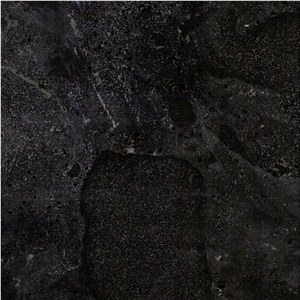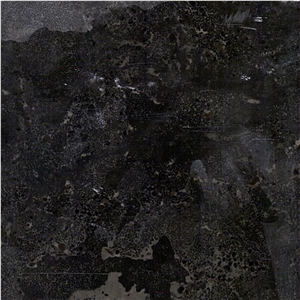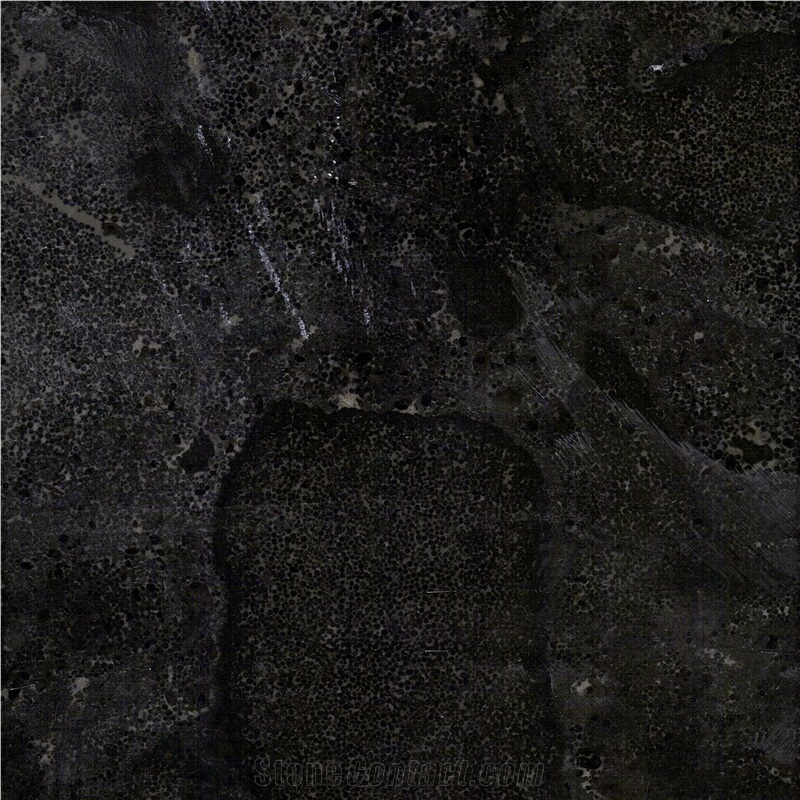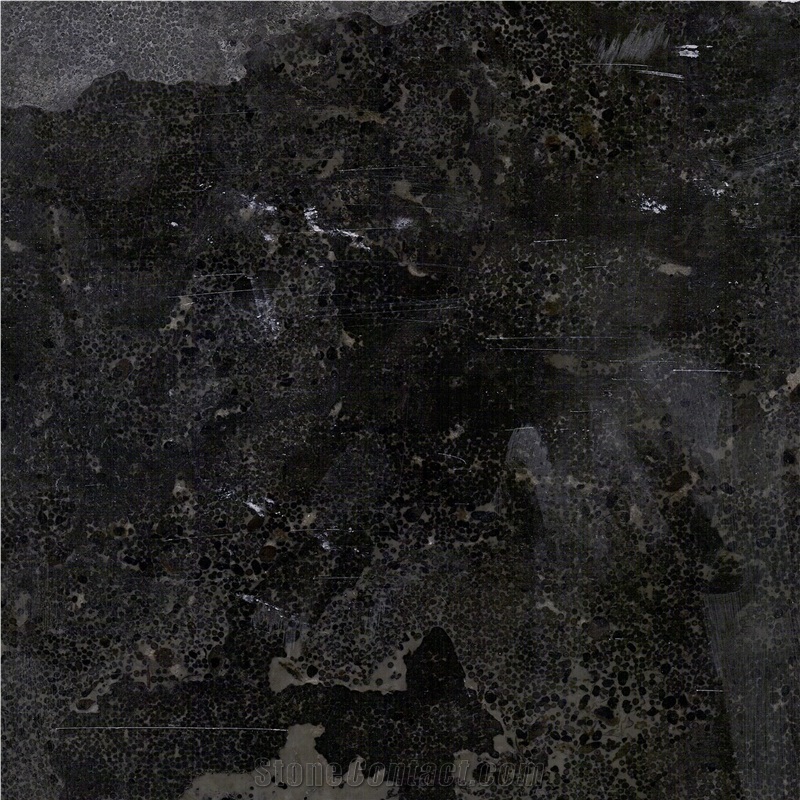Lapis Lazuli Marble
 China
China
Lapis Lazuli Marble is a kind of black marble quarried in China. This stone is especially good for Building stone, sinks, monuments, pool coping, sills, ornamental stone, interior, exterior, wall, floor , paving and other design projects. It also called Black Lapis Lazuli Marble, Celestine Marble, in China stone market:天青石(Tiān qīngshí) . Lapis Lazuli Marble can be processed into Polished, Sawn Cut, Sanded, Rockfaced, Sandblasted, Tumbled and so on.

What is the coefficient of friction of Leathered China's Lapis Lazuli Marble tiles?

Are there color variations of China's Lapis Lazuli Marble?

Can China's Lapis Lazuli Marble be used exterior applications in very rainy climates?

Can China's Lapis Lazuli Marble be used in wall coverings?

Can China's Lapis Lazuli Marble be used outdoors?

What grade is China's Lapis Lazuli Marble?

Can China's Lapis Lazuli Marble be used in a office?

Is China's Lapis Lazuli Marble an expensive stone?

How thick is China's Lapis Lazuli Marble slabs?
-

Xiamen Landiview Stone Co. Ltd.
 China
China
 8YRDiamond members are premium members on platform, providing members with comprehensive approach to promoting their products, increasing products exposure and investment return to maximize.
8YRDiamond members are premium members on platform, providing members with comprehensive approach to promoting their products, increasing products exposure and investment return to maximize.
 Verified Supplier is for prove company authenticity,including business license,trade license and effective office space,to enhance buyers' trust to suppliers and their products, reducing communication costs.
Verified Supplier is for prove company authenticity,including business license,trade license and effective office space,to enhance buyers' trust to suppliers and their products, reducing communication costs.
Contact Supplier
-

Xiamen Landiview Stone Co. Ltd.
 China
China
 8YRDiamond members are premium members on platform, providing members with comprehensive approach to promoting their products, increasing products exposure and investment return to maximize.
8YRDiamond members are premium members on platform, providing members with comprehensive approach to promoting their products, increasing products exposure and investment return to maximize.
 Verified Supplier is for prove company authenticity,including business license,trade license and effective office space,to enhance buyers' trust to suppliers and their products, reducing communication costs.
Verified Supplier is for prove company authenticity,including business license,trade license and effective office space,to enhance buyers' trust to suppliers and their products, reducing communication costs.
Contact Supplier
-

 Pakistan
Pakistan
Contact Supplier
-

Xiamen Landiview Stone Co. Ltd.
 China
China
 8YRDiamond members are premium members on platform, providing members with comprehensive approach to promoting their products, increasing products exposure and investment return to maximize.
8YRDiamond members are premium members on platform, providing members with comprehensive approach to promoting their products, increasing products exposure and investment return to maximize.
 Verified Supplier is for prove company authenticity,including business license,trade license and effective office space,to enhance buyers' trust to suppliers and their products, reducing communication costs.
Verified Supplier is for prove company authenticity,including business license,trade license and effective office space,to enhance buyers' trust to suppliers and their products, reducing communication costs.
Contact Supplier
-

-

-

Xiamen Landiview Stone Co. Ltd.
 China
China
 8YRDiamond members are premium members on platform, providing members with comprehensive approach to promoting their products, increasing products exposure and investment return to maximize.
8YRDiamond members are premium members on platform, providing members with comprehensive approach to promoting their products, increasing products exposure and investment return to maximize.
 Verified Supplier is for prove company authenticity,including business license,trade license and effective office space,to enhance buyers' trust to suppliers and their products, reducing communication costs.
Verified Supplier is for prove company authenticity,including business license,trade license and effective office space,to enhance buyers' trust to suppliers and their products, reducing communication costs.
Contact Supplier
-

-

 India
India
 Verified Supplier is for prove company authenticity,including business license,trade license and effective office space,to enhance buyers' trust to suppliers and their products, reducing communication costs.
Verified Supplier is for prove company authenticity,including business license,trade license and effective office space,to enhance buyers' trust to suppliers and their products, reducing communication costs.
Contact Supplier
-

 India
India
Contact Supplier
The request includes: 1. surface finished, size 2. quantity required









